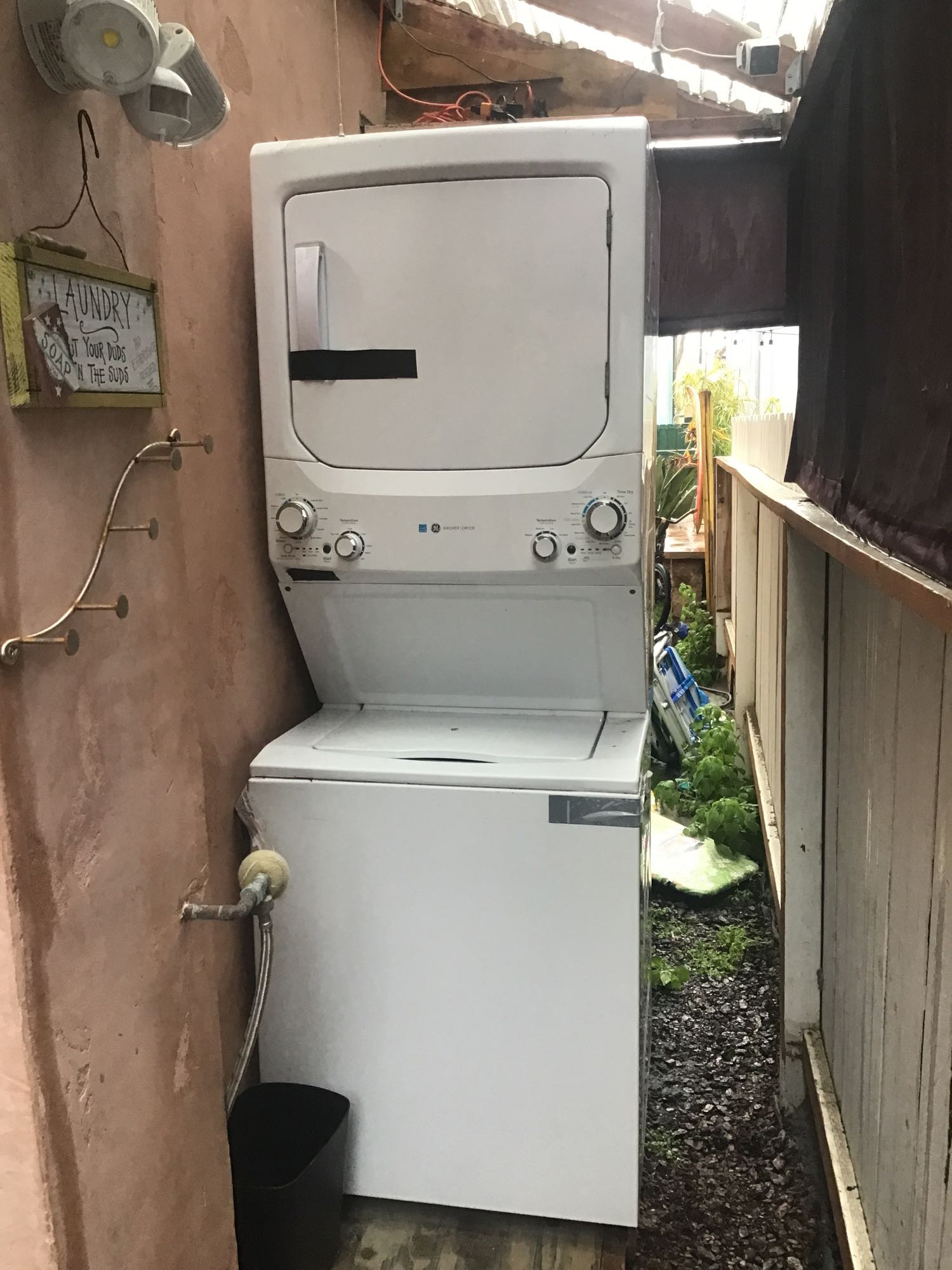When it comes to doing laundry, most people rarely think about how much their laundry actually weighs. But understanding the average weight of a laundry load—and the consequences of overloading your washing machine—is essential for maintaining the efficiency, safety, and lifespan of the appliance. Overloading your washer not only risks poor washing results but also leads to increased wear and tear on the machine’s motor, bearings, and suspension system.
Average Weight of a Laundry Load
Let’s break it down:
- Small Load: Around 3-4 kg (6.6 – 8.8 lbs)
- Medium Load: Around 5-6 kg (11 – 13.2 lbs)
- Large Load: Around 7-8 kg (15.4 – 17.6 lbs)
- Extra-Large Load (in high-capacity washers): Up to 10-12 kg (22 – 26.4 lbs)
Keep in mind that these figures are approximate and can vary depending on the type of fabric. Wet towels, jeans, and bedding can weigh significantly more than lighter fabrics like T-shirts or underwear. For example:
- A single bath towel can weigh 1.5 kg (3.3 lbs) or more when wet.
- A set of king-size sheets can weigh up to 3 kg (6.6 lbs).
- A full set of winter clothing—sweaters, jeans, and jackets—can easily exceed 6 kg (13.2 lbs).
How to Estimate the Weight of a Load
If your machine doesn’t have a load sensor, a simple trick to estimate the load weight is to weigh yourself while holding the laundry in a basket, then subtract your body weight. Alternatively, consult the washer manual for specific capacity guidelines and follow them closely.
Here’s a quick guide to follow:
- For a 5 kg washer, limit the load to about 25 T-shirts or a couple of bath towels, jeans, and a shirt.
- For a 7 kg washer, you can safely wash a full set of sheets, pillowcases, and a couple of towels.
- For a 10 kg washer, you can manage heavier items like duvets, comforters, or multiple pairs of jeans and hoodies.
What Happens When You Overload?
Washing machines are engineered with balance and movement in mind. When you overload the drum, several issues may arise:
1. Motor and Suspension Stress
Overloading places an enormous strain on the motor and suspension. During the spin cycle, the weight imbalance causes the machine to shake excessively or stop altogether.
2. Poor Cleaning Results
When there’s too much laundry in the drum, the clothes can’t tumble freely. Water and detergent don’t circulate properly, which means stains and dirt may not be completely removed.
3. Increased Wear and Tear
Bearings and shock absorbers wear out faster when the machine frequently deals with excess weight. This leads to a noisy washer and the need for costly repairs or premature replacement.
4. Drainage Problems
Heavy, saturated loads can interfere with the machine’s ability to drain water properly, increasing the risk of mold, odors, and clogs in the pump or filter.
5. Damage to Clothing
Fabrics rubbing together too tightly can cause damage to fibers and reduce the lifespan of your garments.
Signs You’re Overloading
- The drum feels packed, and you can’t fit your hand between the laundry and the drum wall.
- The machine becomes unusually loud or starts “walking” during the spin cycle.
- Clothes come out still dirty or excessively wet.
- The washer stops mid-cycle or displays an error code.
How to Avoid Overloading
- Follow the manual: It typically states the maximum capacity in kg and offers guidelines for specific fabric types.
- Use common sense: If the drum is stuffed full, it’s too much.
- Split loads: It may take longer, but washing two medium loads is better than one overloaded cycle.
The Long-Term Impact
Over time, consistent overloading will shorten your washer’s lifespan significantly. What might seem like a shortcut to save time could lead to frequent breakdowns, expensive repair bills, or even the need to replace the unit entirely—years before it should have worn out.
Being mindful of how much you load into your washer isn’t just about efficiency—it’s about protecting your investment. Washing machines are built to last, but only if treated with care. Stick to recommended weight guidelines, and your washer will reward you with years of dependable service.
If you suspect your washer has been damaged from overloading or it’s already showing signs of strain—don’t wait. Contact the professionals at HOME APPLIANCE SERVICE CENTER for fast, reliable repair service. Our team is ready to restore your machine’s performance and extend its lifespan.
Contact us
 619-928-5000
619-928-5000  Request Service
Request Service 
